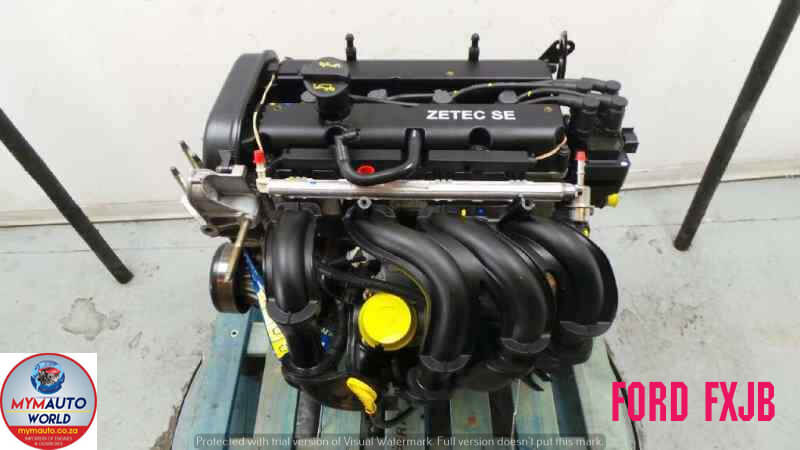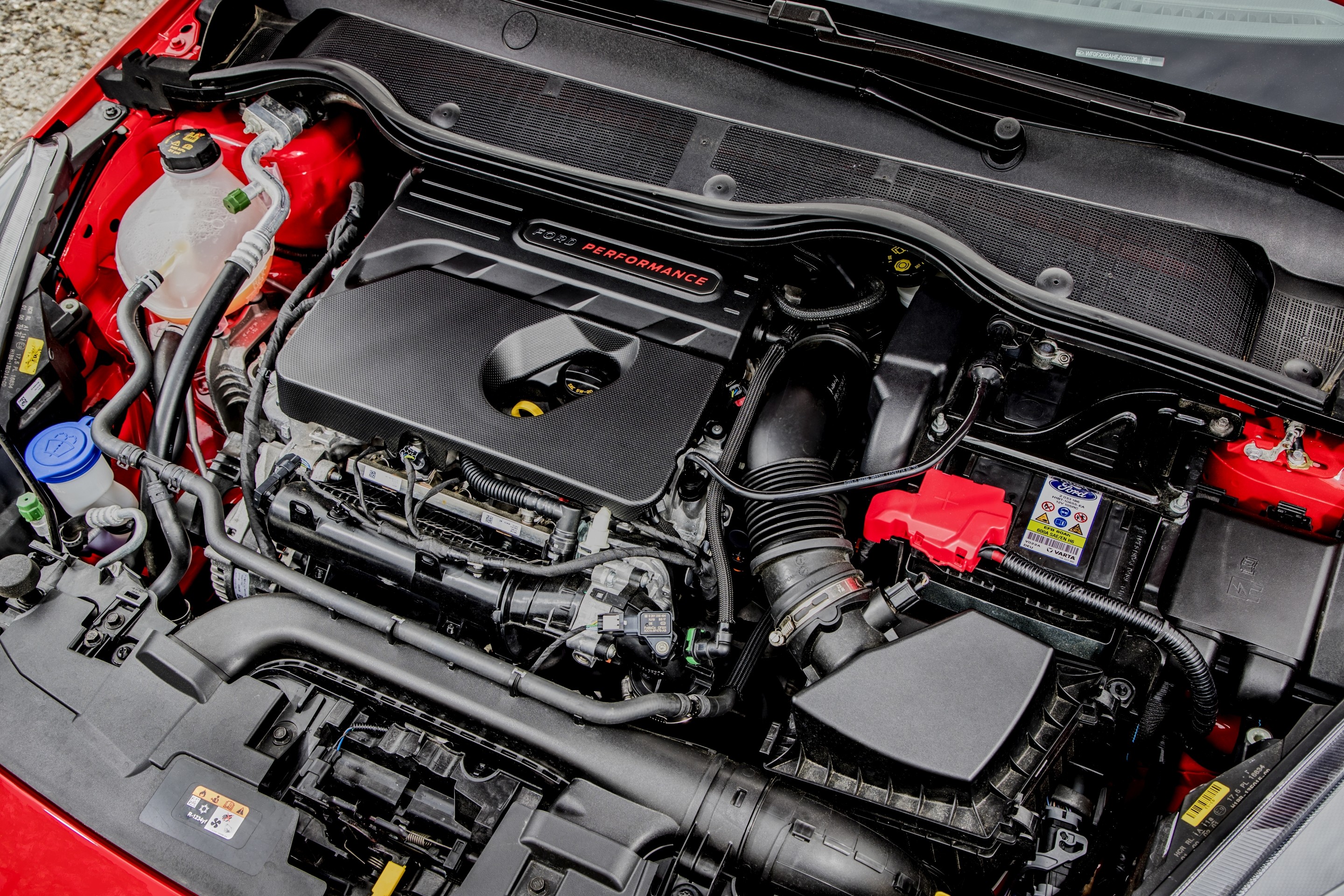Opening the Power of Engines: A Comprehensive Guide to Efficiency and Performance
Comprehending the complex mechanics of engines is important for both performance fanatics and day-to-day chauffeurs. By taking a look at crucial metrics such as horsepower and torque, one can appreciate exactly how tuning methods improve performance while dealing with ecological worries. Normal maintenance plays an essential function in sustaining ideal efficiency over time. As the vehicle landscape changes towards electrification and advanced technologies, the concern emerges: exactly how can we properly adapt to these modifications while taking full advantage of engine capabilities? The answers might redefine our approach to engine efficiency and efficiency in means that are both informing and essential.
Recognizing Engine Basics
What makes up the essential mechanics of an engine? At its core, an engine is a maker developed to convert fuel right into mechanical energy through a collection of controlled surges or combustion processes.
The crankshaft after that changes this direct motion into rotational power, which inevitably powers the vehicle. The camshaft controls the opening and closing of the valves, controling the intake of air and fuel and the expulsion of exhaust gases. In addition, the engine depends on a very carefully calibrated fuel-air mix, ignition system, and cooling system to make sure optimum efficiency and effectiveness.
Understanding engine fundamentals likewise involves recognizing the value of engine cycles, such as the four-stroke cycle, which includes consumption, compression, exhaust, and power strokes. Each phase is essential in making certain the engine functions efficiently and effectively. Proficiency of these essential mechanics lays the foundation for discovering more intricate engine characteristics and performance metrics, important for optimizing both power output and efficiency.
Secret Efficiency Metrics
Secret performance metrics are crucial for examining an engine's effectiveness and power outcome, providing important insights for both suppliers and consumers. These metrics function as criteria for engine efficiency, enabling for informed choices in getting, manufacturing, and layout.
One of the main metrics is horse power, which measures the engine's capacity to perform job over time. Torque, determined in pound-feet, is another crucial statistics that suggests the engine's rotational force, directly affecting acceleration and hauling capability. Fuel performance, usually measured in miles per gallon (MPG) or liters per 100 kilometers (L/100km), assesses how efficiently the engine converts fuel right into activity, influencing functional costs and environmental considerations.
Additionally, thermal efficiency steps how well an engine converts gas energy into helpful work, disclosing insights right into power losses mainly through warmth. Emission degrees, including carbon dioxide and NOx, are also critical, showing the engine's ecological effect and compliance with governing standards.

Tuning Techniques for Performance
Tuning techniques play a substantial role in enhancing engine performance by enhancing performance metrics identified in earlier discussions (ford fiesta engine). Various approaches exist to fine-tune an engine, each contributing to boosted gas economic situation and reduced exhausts
One efficient method is changing the air-fuel proportion, making certain the engine runs within the ideal burning routine. A leaner mixture can improve gas efficiency, however it must be balanced to protect against misfires or engine knock. Additionally, reprogramming the engine monitoring system can rectify parameters such as ignition timing, which even more boosts efficiency while keeping power outcome.
One more vital strategy entails modifying the consumption and exhaust systems. Updating to high-performance air filters and exhaust headers can minimize back stress, assisting in better air flow. This allows the engine to breathe even more easily, bring about enhanced burning performance.
Additionally, the execution of sophisticated adjusting devices, like dyno testing, offers precise data that allows targeted adjustments. On a regular basis checking these performance metrics makes certain that adjusting initiatives yield the desired performance end results. Collectively, these strategies not just bolster engine efficiency but also add to long-lasting sustainability in engine procedures.
Maintenance for Ideal Performance
Regular engine upkeep is necessary for accomplishing ideal performance and durability. A well-maintained engine not just operates successfully yet additionally reduces the risk of expensive repair services and breakdowns. Trick components needing routine focus consist of oil, filters, belts, and stimulate plugs.
Transforming the engine oil at suggested intervals is vital, as oil lubes relocating parts and avoids getting too hot. Similarly, changing oil and air filters ensures that impurities do not impair engine feature. Disregarding these elements can cause decreased performance and potential engine damages.
In addition, examining and changing worn belts and pipes is important to protect against abrupt failures. Timing belts, in particular, ought to be changed according to the manufacturer's routine to stay clear of devastating engine damages.
Glow connects need to likewise be inspected and changed as required, given that they play an important function in ignition and gas performance.
Future Patterns in Engine Innovation
Welcoming innovations in modern resource technology, the future of engine design is positioned to revolutionize performance and effectiveness throughout numerous applications. Among the most significant patterns is the change toward electrification. Crossbreed and fully electrical powertrains are coming to be significantly conventional, providing lowered emissions and enhanced gas efficiency. This change is not just a trend yet a necessity driven by governing stress and customer need for lasting remedies.
Additionally, technologies in materials scientific research are leading to lighter, stronger elements that boost engine performance while decreasing energy usage. Advanced manufacturing methods, such as 3D printing, permit the creation of complex geometries that improve air movement and thermal monitoring, thus optimizing burning procedures.
In addition, the integration of artificial intelligence and artificial intelligence is readied to change engine diagnostics and efficiency tuning. These technologies can examine vast amounts of data in genuine time, allowing predictive maintenance and customized efficiency improvements.
Final Thought
Finally, unlocking the power of engines needs a detailed understanding of their auto mechanics and performance metrics. Applying reliable adjusting methods and adhering to regular maintenance practices dramatically improve engine capacities. As the vehicle landscape develops, accepting future patterns in innovation, consisting of electrification and advanced manufacturing, will certainly be important for maximizing efficiency and performance. This detailed technique not only benefits fanatics however additionally adds to lasting options in the world of vehicle design.
Additionally, the engine relies on a thoroughly adjusted fuel-air blend, ignition system, and cooling down system to make certain ideal performance and performance.
Recognizing engine fundamentals also involves acknowledging click the importance of engine cycles, such as the four-stroke cycle, which consists of consumption, exhaust, check here compression, and power strokes. Proficiency of these essential technicians lays the foundation for discovering extra complex engine dynamics and efficiency metrics, essential for maximizing both power result and performance.

Embracing innovations in modern technology, the future of engine design is positioned to revolutionize efficiency and performance across numerous applications.